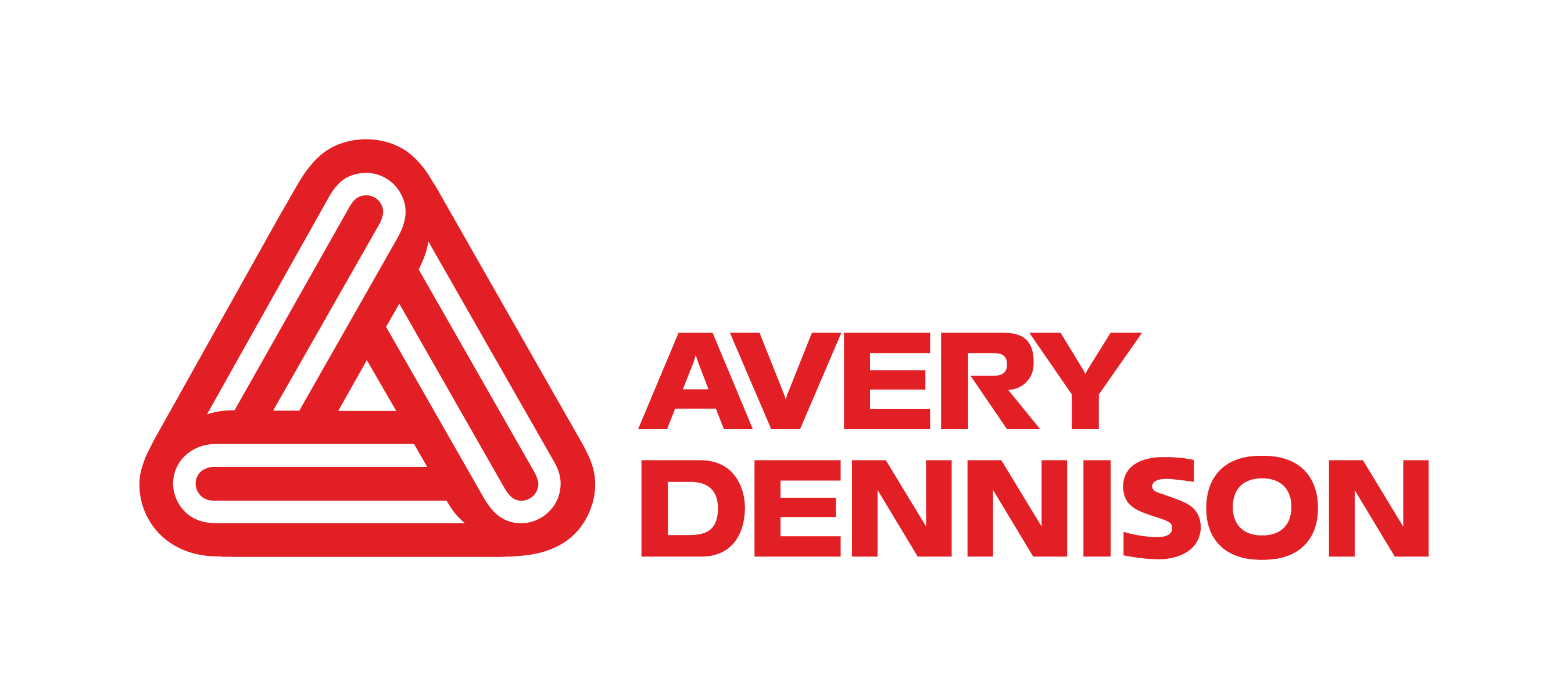Leveraging its leadership and technical expertise in PSL and sustainable packaging solutions, Avery Dennison played an instrumental role in formulating the new standards for PET and HDPE materials. Here's how the company is making a lasting impact in the space of recycling and plastic circularity:
1. Improving Recycling Design Standards - Avery Dennison actively contributed to the creation of clear, actionable design-for-recycling (DfR) standards for PET and HDPE, two of the most commonly used plastics in packaging. These guidelines recommend that plastic packaging is designed for optimal recyclability, addressing issues such as material compatibility, restricted substances, and ease of processing during recycling. This effort not only harmonizes recycling practices but also elevates the recycling standards of the entire industry.
2. Advancing Technological Innovation - One of Avery Dennison’s core drivers in the standards development process was innovation. The development of the CleanFlake™ adhesive technology exemplifies this. Engineered to enable labels to seamlessly separate from PET flakes in the recycling process, CleanFlake™ minimizes adhesive contamination and enhances the quality of recycled materials. This bottle-to-bottle recycling innovation helps achieve a true closed-loop recycling system, a foundational tenet of the circular economy.
3. Strengthening Industry Collaboration - Avery Dennison is fostering cross-industry cooperation among packaging manufacturers, brands, and recyclers. By improving communication and collaboration across the supply chain, these standards encourage stakeholders to jointly address recyclability challenges, fueling a more robust plastic recycling ecosystem.
4. Leadership in Sustainable Development - Participating in the formulation of national standards has further solidified Avery Dennison’s position as a global leader in sustainability. Demonstrating a commitment to reducing plastic pollution, the company has enhanced its competitive edge, becoming a preferred partner for brands and businesses seeking sustainable packaging solutions.




